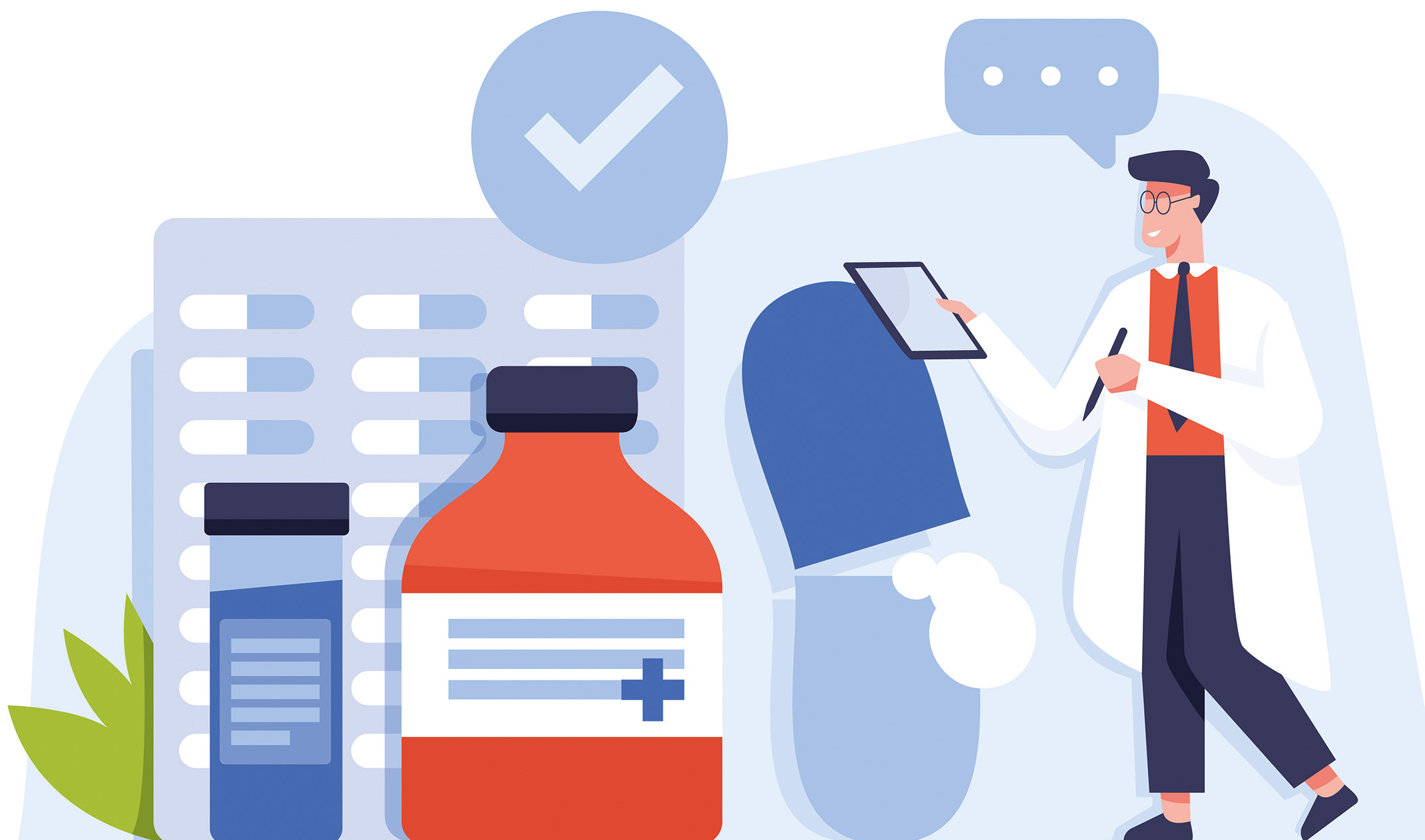
Education is a cornerstone of diabetes care, empowering individuals to understand and manage their condition effectively.
Why Diabetes Education is Important:
Improved Self-Care: Education equips patients with skills to monitor blood sugar, administer insulin, and make healthy lifestyle choices.
Increased Awareness: Understanding the risks and complications encourages proactive management.
Empowerment: Educated patients are more confident in making informed decisions about their health.
Key Areas of Diabetes Education:
Nutrition: Learning about carbohydrate counting, portion control, and balanced meals.
Medication Management: Understanding insulin therapy, oral medications, and timing.
Physical Activity: Incorporating safe and effective exercises into daily routines.
Monitoring and Problem Solving: Using glucose monitors and recognizing symptoms of hypo- or hyperglycemia.
How to Access Education:
Diabetes education programs and workshops
Online resources and mobile apps
Certified diabetes educators (CDEs) and healthcare providers
Well-informed individuals are better equipped to manage their diabetes, reduce complications, and lead healthier lives. Education should be a continuous process tailored to each person’s needs.